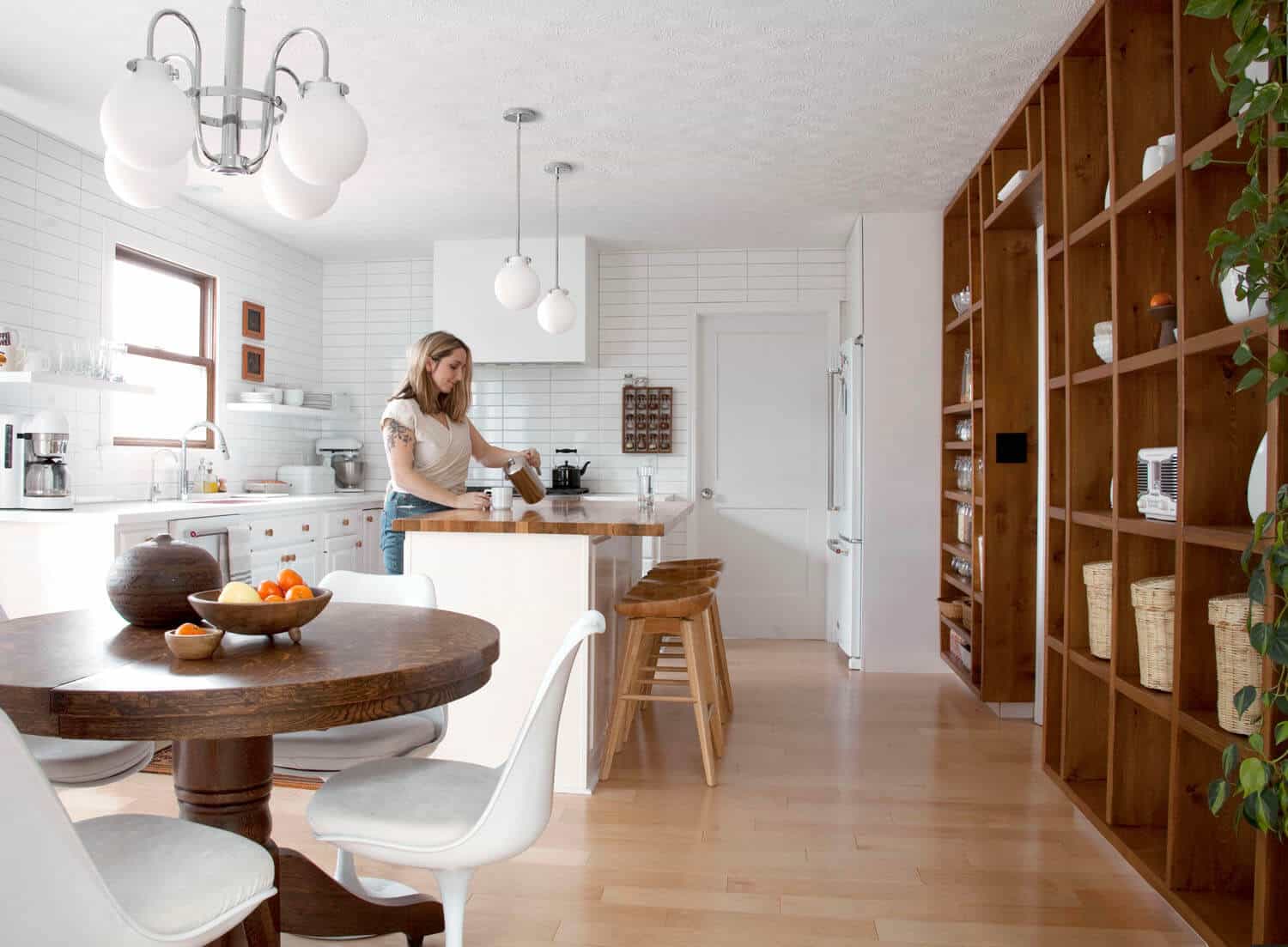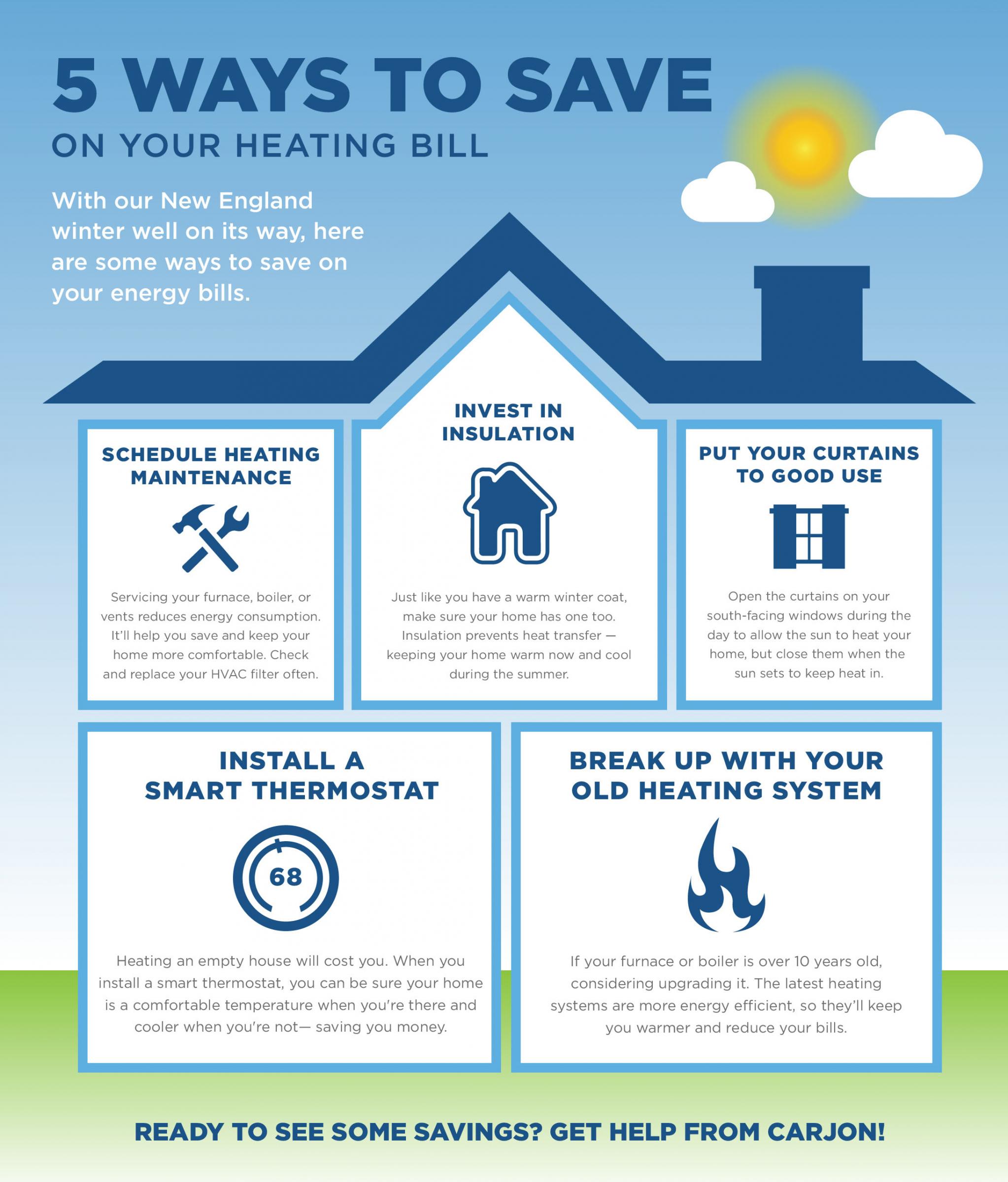Remodeling your home can provide needed upgrades or exquisite design opportunities, and it can usually result in added equity in your home as well. When deciding to remodel your home, whether it’s a kitchen, bathroom, or bedroom remodel, it’s very important to first create a budget.
Creating a remodel budget is something that needs to be done so that you know just how much you can afford to spend. Factoring in everything, including materials and labor, will ensure that you choose laborers and materials that fit into this budget.
What most people fail to realize is that there are typically underlying costs with any home remodel project. For this reason, many professionals tell you to add about 20 percent to your total budget as a reserve fund. This is used to cover the cost of emergency situations, such as water leaks, or to cover the cost of something you didn’t expect, such as dated electrical.
While you should add a reserve fund to your budget to cover these incidentals, it’s also important that your remodel budget include the cost for everything related to your project. The following are three items that need to be included in every home remodel budget.
Emergency Plumber
If your remodel has anything to do with water, whether a bathroom or kitchen remodel, it’s very important that you locate an emergency plumber in the area and add this cost to your budget. Although there is a good chance you won’t need it, it’s still a good idea to budget it out just in case. An emergency plumber will not only fix the issues you need, but they are usually available 24/7/365. So if you’re remodel team is working late at night and a water main breaks, an emergency plumber will be able to come to your home right away to fix it. Locate an emergency plumber in your area before the remodel begins, and add this cost to your budget.
Extra Material
You and/or your contractor may have planned out the amount of material you will need, and you likely have that number already in your budget. However, you need to also account for extra material. Most contractors will add in about 10-20 percent more material to their cost, but you should consider adding an additional 10 or 20 percent to the cost on your own. Mistakes happen: plywood gets cut wrong, drywall can be damaged, or you could even find you need to replace the base of the floor. Putting in extra money for added materials is a smart way to stay on budget and avoid going over budget or running out of money altogether.
Pulling Permits
Depending on where you live, permits may be required for your home remodel project. Some towns only have one type of permit for all construction-related jobs, while other towns require permits for every facet of the project, such as plumbing, electrical, structure, etc. Be sure to check with your town to learn about which permits you will need for your project as well as learning how much they will cost. Be sure to add this to your budget.





